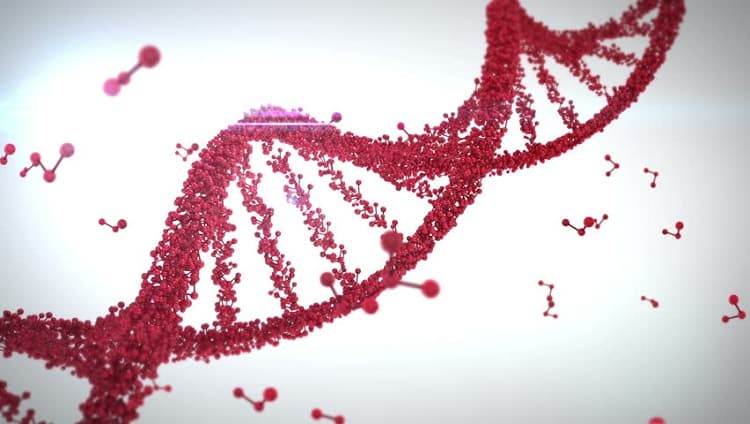Sigma Life Science, the innovative biological products and services research business of Sigma-Aldrich®, and King’s College London, today announced an exclusive license to develop and commercialize new technology for the identification and validation of microRNA (miRNA) targets in research and clinical diagnostics. For more detailed information, visit www.wherebiobegins.com/targetid.
miRNAs function as critical regulators of gene expression in eukaryotic cells, with over 1,000 different miRNAs in the human genome already known to play multiple roles in gene regulation. Although the specific targets of most miRNAs are largely unknown, aberrant expression of miRNAs has been implicated in numerous disease states, making them important targets for clinical research in oncology, wound healing and infectious disease.
Currently, identification of miRNA targets is laborious and inefficient, relying on computer algorithms and subsequent validation by in vitro assays. To overcome this research bottleneck, scientists in the Division of Cancer Studies at King’s have developed a technology allowing simple, accurate identification and validation of miRNA targets. Dr. Joop Gaken, lead researcher of this project, explained: “The role of miRNAs in cancer is well established, and several miRNAs clearly function as either oncogenes or tumor suppressor genes, although the target genes are unknown in the majority of cases. This new test is expected to enable the straightforward identification of target genes that are strongly regulated by a given miRNA, helping to elucidate important gene regulation events in vivo.”
“miRNA research is a rapidly growing field, and this test is expected to be an invaluable asset to commercial and academic researchers working with miRNAs,” commented Steven Suchyta, Market Segment Manager at Sigma-Aldrich. “We believe that the exclusive license agreement will allow Sigma Life Science and King’s College London to work closely together to ensure rapid development of this technology for the benefit of the research community, and underlines our commitment to accelerating scientific discovery through innovative technology.”
About Sigma Life Science: Sigma Life Science is a Sigma-Aldrich business that represents the Company’s leadership in innovative biological products and services for the global life science market and offers an array of biologically-rich products and reagents that researchers use in scientific investigation. Product areas include biomolecules, genomics and functional genomics, cells and cell-based assays, transgenics, protein assays, stem cell research, epigenetics and custom services/oligonucleotides. Sigma Life Science also provides an extensive range critical bioessentials like biochemicals, antibiotics, buffers, carbohydrates, enzymes, forensic tools, hematology and histology, nucleotides, amino acids and their derivatives, and cell culture media.
About Sigma-Aldrich: Sigma-Aldrich is a leading Life Science and High Technology company committed to Enabling Science to Improve the Quality of Life. Its chemical and biochemical products and kits are used in scientific research, including genomic and proteomic research, biotechnology, pharmaceutical development and as key components in pharmaceutical, diagnostic and other high technology manufacturing. The Company has customers in life science companies, university and government institutions, hospitals, and in industry. Over one million scientists and technologists use its products. Sigma-Aldrich operates in 40 countries and has 8,000 employees providing excellent service worldwide. For more information about Sigma-Aldrich, please visit its award-winning Web site at http://www.sigma-aldrich.com.


















